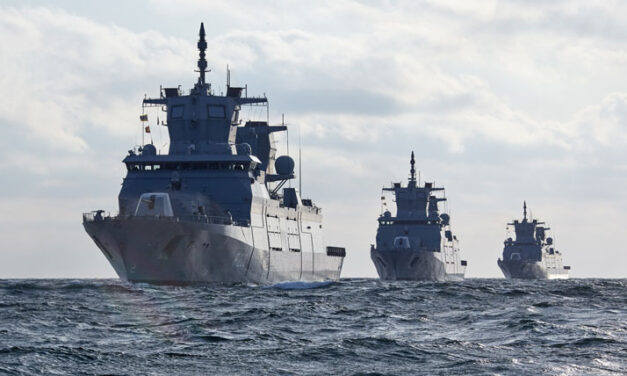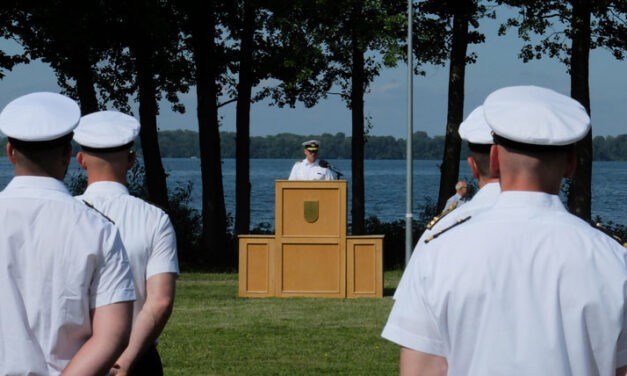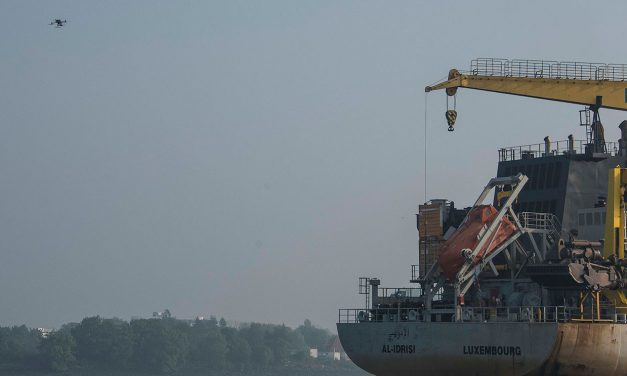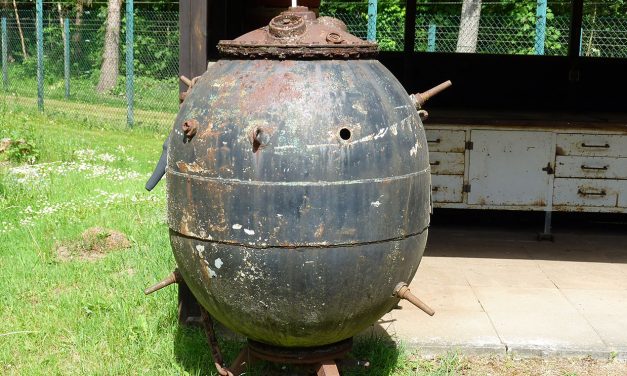Frigate 125 - Of goals and milestones, challenges and wishes
The first Class 125 frigate was commissioned just over two years ago. Time for a review of experience. How are our "new" frigates faring? Several members of the Bundestag have recently been asking this question. With their small question on the status of the Frigate 125 (F 125) project, they emphasised the role of the project as one of the most controversially discussed topics in the armaments context. According to the questioners, a cross-section of current defence investment projects shows that these are often under pressure from rising costs and are usually only completed with a delay. In the case of F 125, they also see a gap between the delivery of a product and...
Weiterlesen






Latest comments